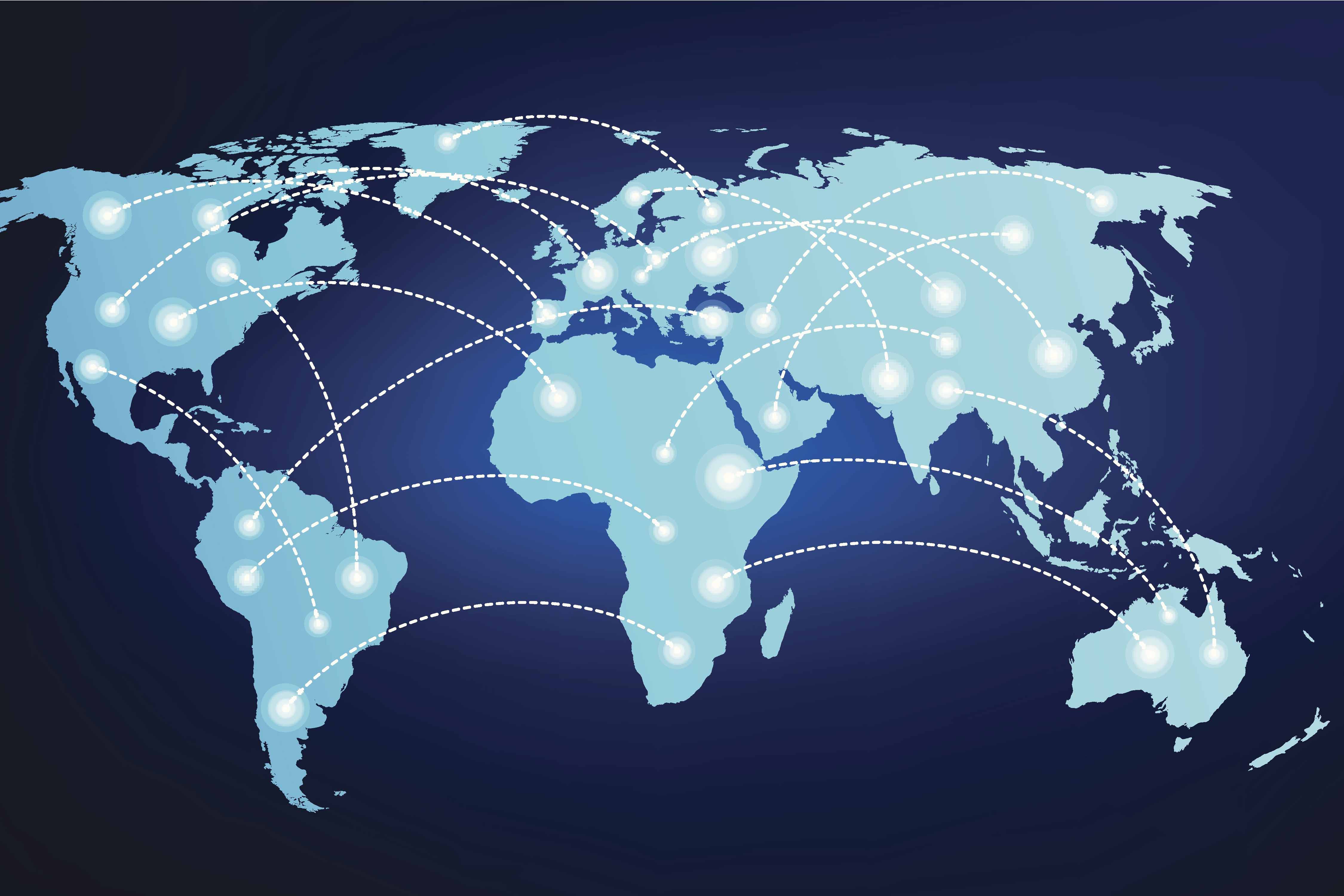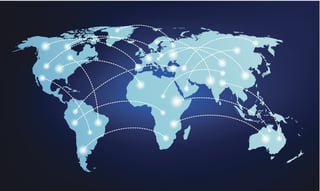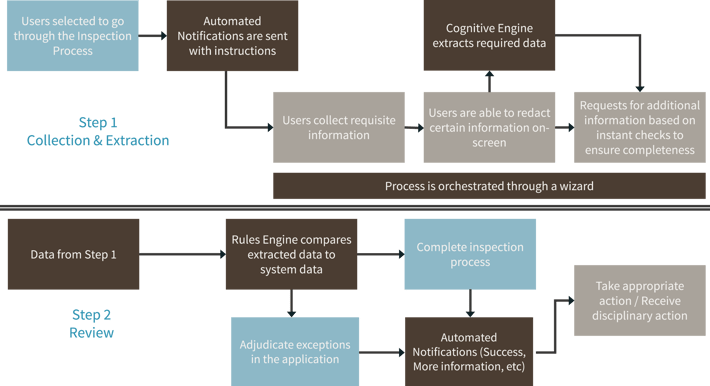- The size of firms dictate the inherent complexity and data exchange volumes
- The brokerage statements and tax authority documentation vary by jurisdiction
- Regulatory directive and policy interpretations vary by firm and jurisdiction
- Languages are different around the world
Thus, how can a standardized technology provide localization? The answer is through a flexible architecture that provides consistent results while allowing for localization.
At Kingland, our applications are used around the world, so our platform was conceived in the beginning to be configurable for every language and geography. These are the table stakes for your business and our platform. The application of our platform to this use-case occurs in the following ways:
- The inspection process can be managed at multiple levels – globally, regional, individual member firm, office, or other organizational unit. Individuals are selected at the appropriate level and the data is confidential at that level.
- Notifications and instructions that are sent from the application are configurable based on the same level that the inspection process is managed at. This capability means that languages and instructional text, which is meaningful to the end user and consistent with individual firm policies are supported.
- Different geographies have different documentation – tax filings and brokerage statements. The cognitive engine understands patterns across geographies yet is configurable based on the specific geographies to extract the right information.
- Some firms may want to start with process orchestration and leave the cognitive automation for a second step. This flexibility enables a refined user experience while not automating as much of the data extraction and comparison in a first step forward.
In summary, our view is that you can achieve cost efficiencies and process compliance consistency without sacrificing the inherent localized nature of your business. By using proven patterns based on years of working with these complex challenges, you can experience cost efficiency, consistent global approach with localization, as well as address data privacy concerns. These data privacy concerns are addressed in the next blog entry.



 The cost inefficiency impedes progress for compliance and risk leaders to meet regulatory demands while answering how they can help improve profits to senior business leaders. The answer is a combination of cognitive technologies that can extract data and compare that data to what resides in the personal independence system, orchestrating the process for your users, as shown below.
The cost inefficiency impedes progress for compliance and risk leaders to meet regulatory demands while answering how they can help improve profits to senior business leaders. The answer is a combination of cognitive technologies that can extract data and compare that data to what resides in the personal independence system, orchestrating the process for your users, as shown below. 





No Comments Yet
Let us know what you think